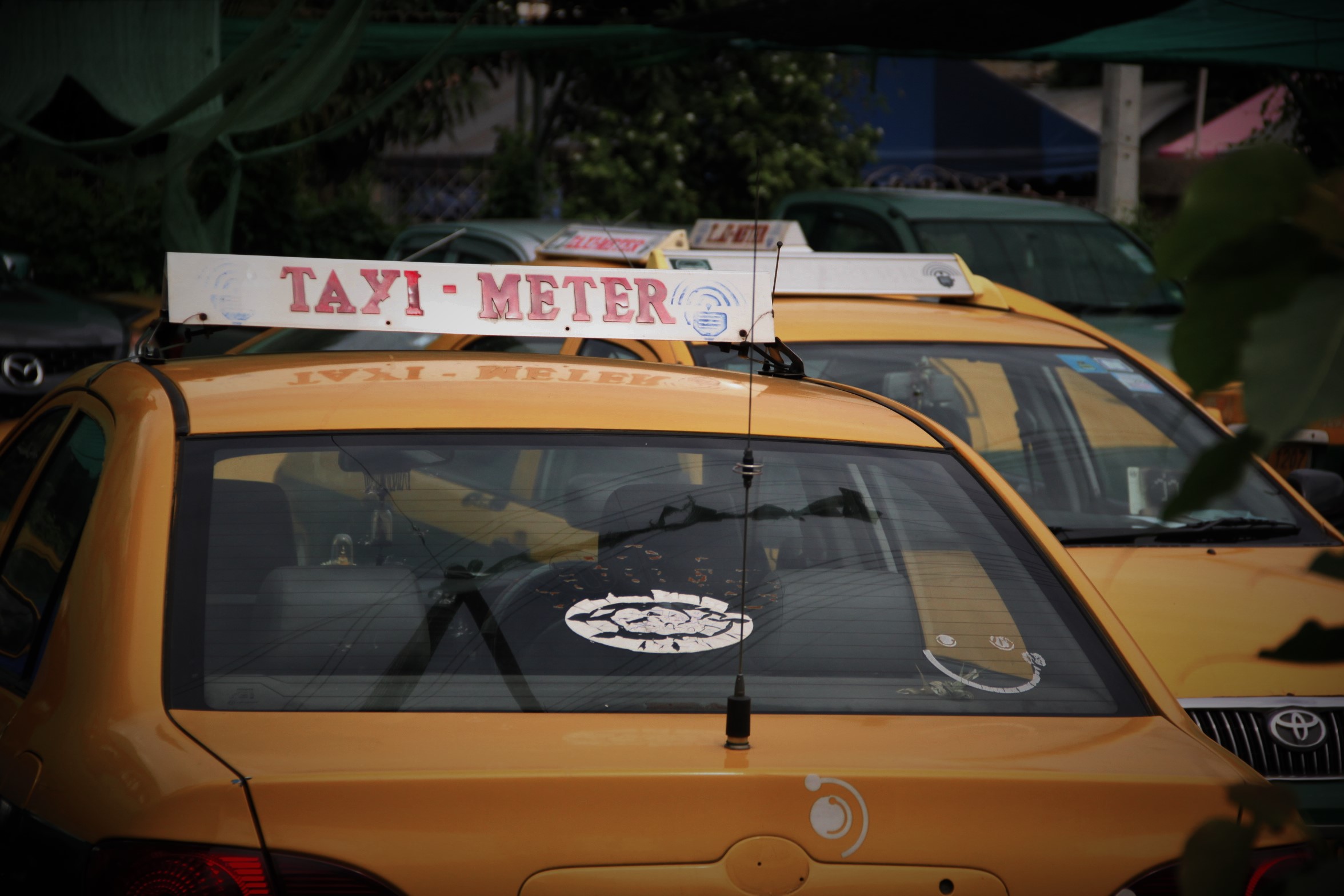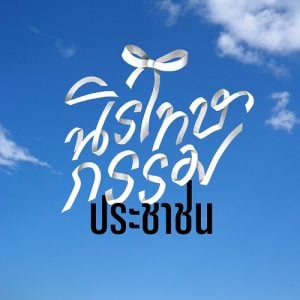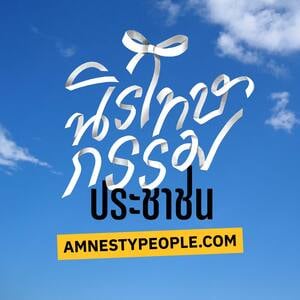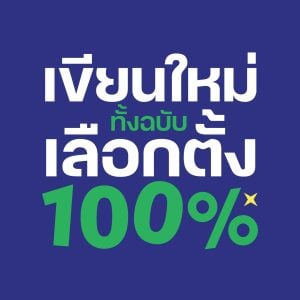A taxi driver’s working conditions compel him to sit alone in a narrow, confined space for the entire day. Many taxi drivers strike up conversation with their passengers to relieve their loneliness. The conversations are often about ordinary issues, such as the weather, sports, jobs, and politics. There is usually nothing special or memorable about the conversations. Once the taxi has reached its destination, and the passenger has paid the fare, the conversation is forgotten. Yutthasak himself perhaps hoped that the conversation he had with a passenger about politics would be forgotten. Instead, what happened is that Yutthasak is serving a sentence under Article 112 for a conversation that grew too lively.
Yutthasak is an ordinary taxi driver. He rented his taxi from a garage in Huay Kwang [an area of Bangkok]. He had always been too busy making a living to participate in political demonstrations of any color.
On 8 January 2014, Yutthasak picked up a passenger from Sukhumvit Soi 55 and took her to Soi Ari. This was a period in which there were ongoing protracted protests against the government and the political situation was heating up. Politics came up in the conversation between Yutthasak and his passenger. Even though the air-conditioner cooled the air in the taxi, the conversation between the pair made the atmosphere suffocating. As their debate grew more heated, and the institution [of the monarchy] was mentioned, the passenger used her mobile telephone to record the conversation. Once Yutthasak had dropped off the passenger at her destination, he drove off without any suspicion that their debate about politics would become evidence used to prosecute him in the future.
One day later, the passenger took the sound file of her conversation with Yutthasak and gave it to the investigating authorities. But Yutthasak was not arrested then. Until the coup at the end of May 2014, he continued to work and live his life as usual. But then there was a push to advance the cases of those accused of violating Article 112 within the judicial system. On 2 June 2014, Yutthasak was arrested close to the taxi garage in Huay Kwang and taken to the Phaya Thai police station, which was where his passenger had filed her complaint.

Yutthasak is diabetic and needs regular insulin injections. After he had spent one night at the police station, he needed an insulin injection. He coordinated with a taxi driver friend to bring it to him. He asked for permission from the police officer guarding the cells to inject the insulin. But he was denied permission. The police officer said that he was afraid that if anything happened to Yutthasak, then he would be held responsible. Yutthasak tried to explain to the officer that he gave himself injections regularly, and that if he did not do so, then his condition would worsen. But the officer would not relent. He insisted that a doctor had to come to give the injection. This would be difficult to arrange. Finally, Yutthasak asked the officer to contact the investigating official in charge of the case to ask for permission. The investigating official understood and told him to allow Yutthasak to inject the insulin. Yutthasak was taken out of his cell temporarily so that he could so do.
That same day, a taxi driver whom Yutthasak had not previously met brought snacks and drinks for him. He said that he came to visit as a friend who shared the same occupation. The officer guarding the cells accepted the gifts and allowed Yutthasak to take the snacks and the plastic bottles of drinking water into his cell. But he would not permit Yutthasak to take the canned drinks inside, as soda cans could perhaps be used as weapons and so were against regulation.
Yutthasak was held at the police station for two nights. The officials took him to the Criminal Court on 4 June in order to request that he be remanded. As soon as Yutthasak arrived at the court around noon, he immediately contacted his family to come put up bail. Yutthasak waited anxiously for his relatives to arrive. They were coming from across the city in Thonburi. If they did not submit the documents in time, then he would have to go to the prison. Time dragged as he waited. Around 3 p.m., an elderly man and a middle-aged woman, his distant relatives, arrived at the court.
As soon as they arrived, Yutthasak’s relatives rushed down to the holding cell underneath the court. Their conversation was arduous because approximately two meters separates the cell and the area where relatives may stand. The telephone line that provides a direct line for those in the holding cell to speak to those outside is unusable. Instead, those inside the holding cell must yell to their relatives outside in order to have a conversation. The noise is cacophonous. Yutthasak was able to yell a quick greeting to his relatives before they rushed upstairs in order to put up bail.
The elderly man referred to himself as “Ah Jek,” and said that Yutthasak had no one. He moved out to live on his own many years ago. Ah Jek himself had not seen him for a long time, but he was the only relative with whom Yutthasak remained in touch. The bail officials at the court helped Ah Jek and his daughter, who had neither knowledge of the law nor experience inside the court, prepare a good petition. But they said it would still be difficult to secure bail from the court.
… And that is how it turned out.
After waiting about an hour, Yutthasak’s relatives were called in front of the counter to hear the decision. They were informed that the court had dismissed the petition for bail. The reason was that lèse majesté cases are serious cases which impact the feelings of the people, and that since the potential punishment is severe, the defendant might flee if he was released.
When Yutthasak’s relatives told him that he was not granted bail, Yutthasak yelled his thanks to Ah Jek and his daughter. His parting instructions were to help him out by taking care of his rented room and his belongings at the police station. He would not be returning for a long time.
Yutthasak was found guilty of violating Article 112 in August 2014. He was sentenced to 5 years in prison, but the court reduced the sentence to 2.5 years since he confessed. The taxi driver, the one he had never met before he was arrested who brought him snacks and drinks at the police station, visits him at the prison often.
For more details of the case, visit our database.



















